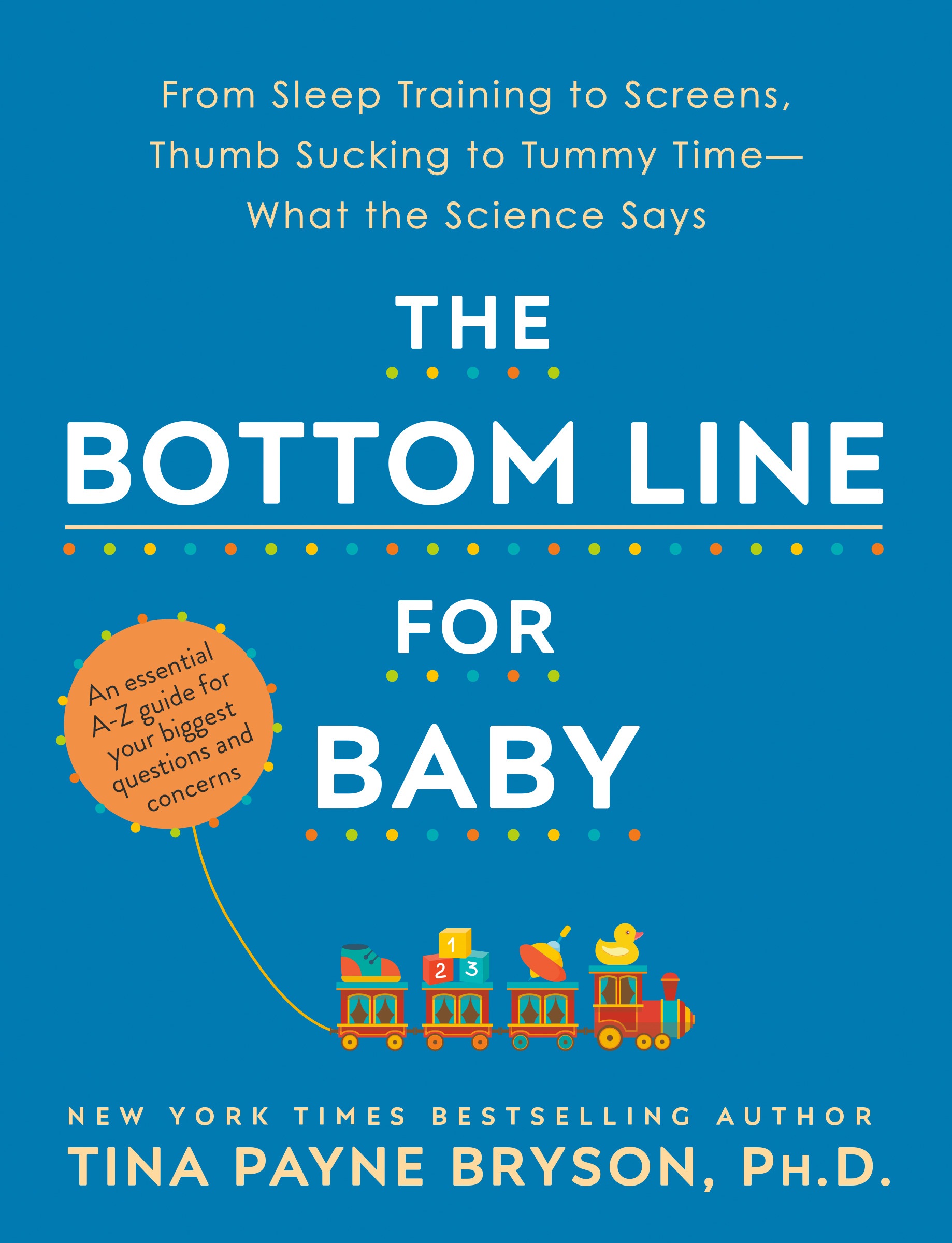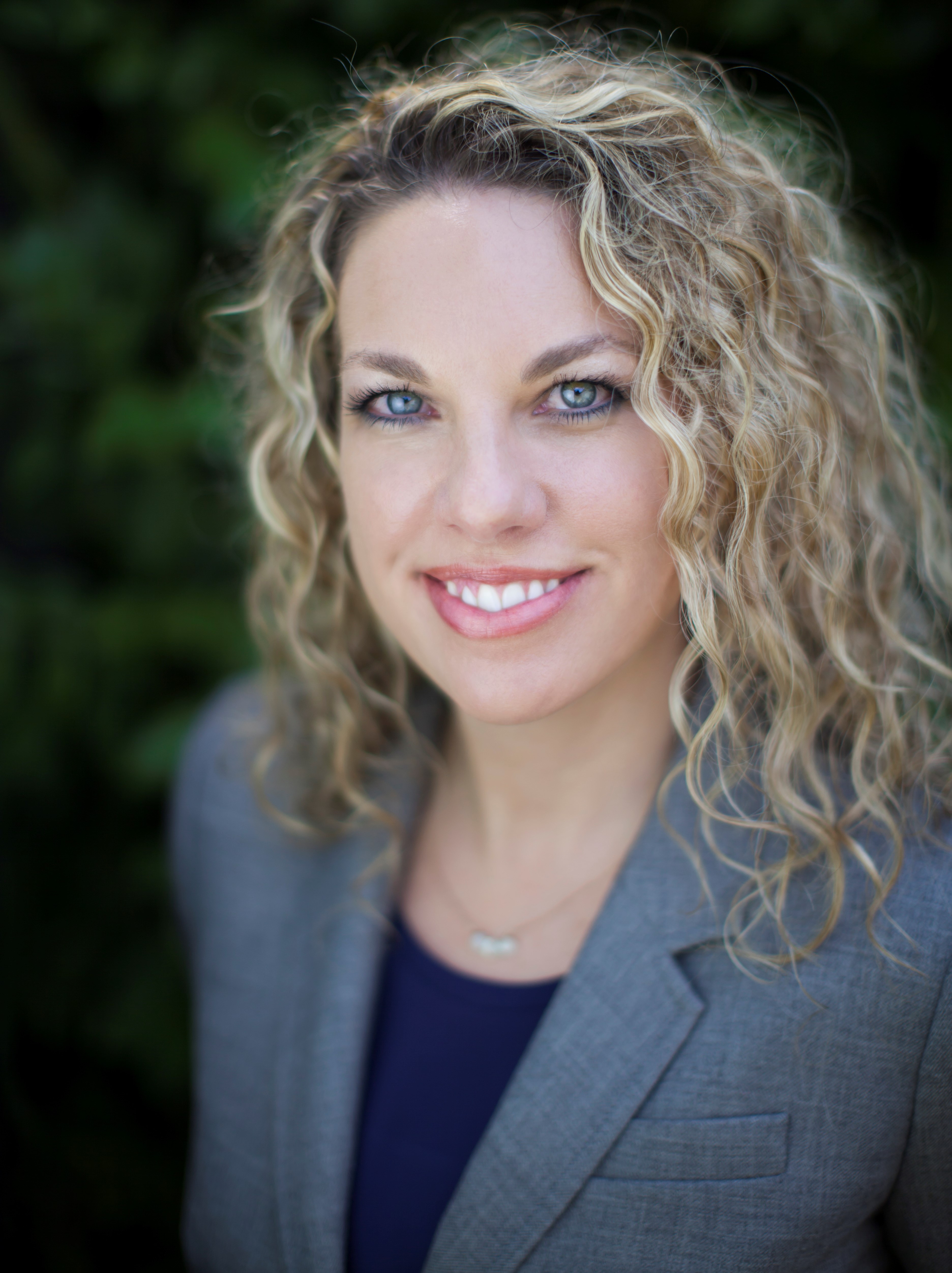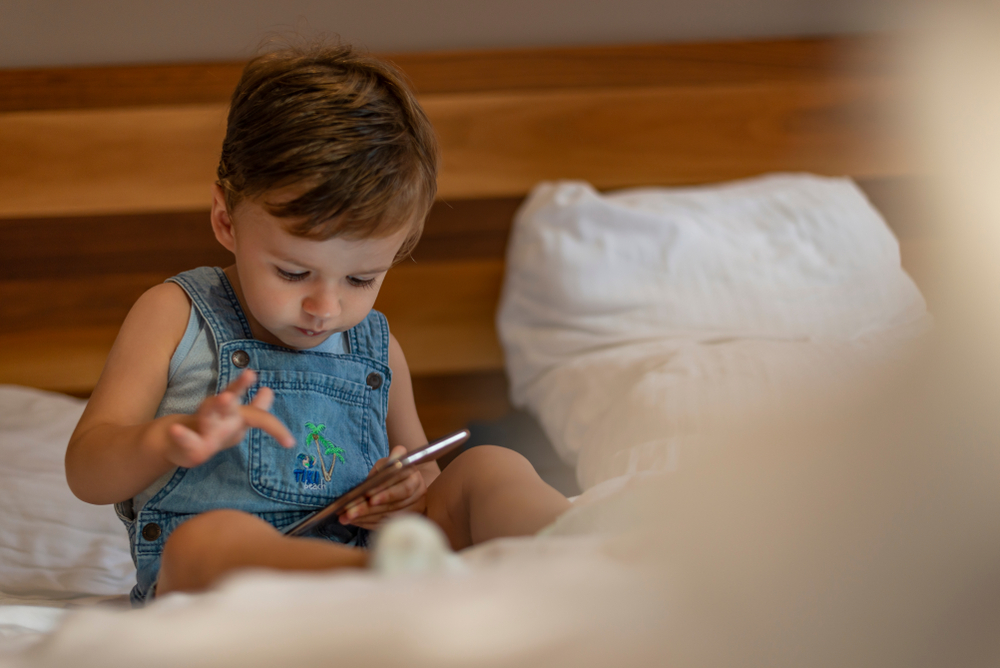The stay-at-home mother of an eighteen-month-old waited to ask me a question after a talk I was giving. She told me she was worried her baby was already addicted to screens. When I told her she could just decide not to give the child a device, she said,“But she’ll cry and scream!” I smiled and assured her that I understood. We want our kids to be happy, and we definitely don’t enjoy it when they cry and scream. But often, doing what’s best for a child means being willing to let them feel unhappy. We wouldn’t let a toddler play with sharp scissors, after all, even if they really wanted to do so. We’d set a boundary, then comfort the child if they were upset about not getting what they wanted. It’s the same with screens, I explained.
She said she saw my point. Then she said, “I also think I’m on my device too much. How do you know how much is too much?” I asked her to think about how much time she was on her device during the day while she was the primary caregiver for her baby. Then I asked, “How would you feel if you hired a nanny to care for your daughter, and that nanny spent as much time on her device as you do on yours?” The mom replied, “I’d fire her.”
I have to admit: I really enjoy my phone, and I rely on it heavily. I work from it, I keep up with friends on it, I play music and podcasts on it, I search for recipes on it, and I enjoy my social media. Because of this, I have to remain aware and alert about the example I’m setting for my kids, all of them teenagers now. When they were babies, phones weren’t as prevalent, so in our family we’ve all had to evolve together. Sometimes I think we’re doing pretty well in this area, and sometimes I feel like it gets away from us.
I have a few ground rules I’ve set for myself. Unless it’s a rare exception, I’m not on my device right before or after drop-off at school. The moments before the goodbye and after the hello, times that bookend separations, are important opportunities for connection and reconnection. Also — and I’m not always good at this — when I’m with the kids, if I need to reach for my phone, I try to make it conversational and connect- ing, explaining the purpose of why I’m turning my attention away from them and to the phone. I might explain that I’m wanting to show them a funny video. Or if I’m checking the calendar I’ll say, “Let me see what time your basketball game is tomorrow.” That way they know that I’m not just checking out of the conversation to scan my Instagram. You can do the same with your baby: “Daddy’s going to call Grandma to see what time she’ll be here. Do you want to say hi and hear her voice?”
I remember one night when I’d been with our son every second for days on end, without even a solo potty break. My husband saw how frazzled I was, and we both realized that we were missing each other and needed time to connect and to catch up on some conversations. We went to a restaurant, put him in his booster seat, put some headphones on him, and popped in an episode of Magic School Bus (which I’d watch repeatedly, even now—I learn so much!) so we could have a glorious, indulgent, twenty-minute conversation. I remember getting a few eye rolls and judgmental stares from others for letting our kid stare at a screen. (It wasn’t as common back then.)
The other patrons in the restaurant didn’t know about my physical and relational needs, or that I’d spent what felt like six hundred consecutive hours that day trying to provide language-rich, physically active, creative, enriching, developmentally appropriate stimulation (whew!) for my son. What he needed right then — much more than he needed to avoid screen time — was to have a mom who was achieving a rare moment of balance and self-care in her life by claiming some much-needed adult connection.
I often think of that night when I feel judged or when I feel criticism toward other parents arising in me. Those people in the restaurant didn’t know my whole story, and I don’t know other people’s whole story. So maybe we should just smile at other parents and their kids and send them positive, supportive vibes. After all, we’re all in the struggle and privilege together, even if we don’t all do things the same way.



